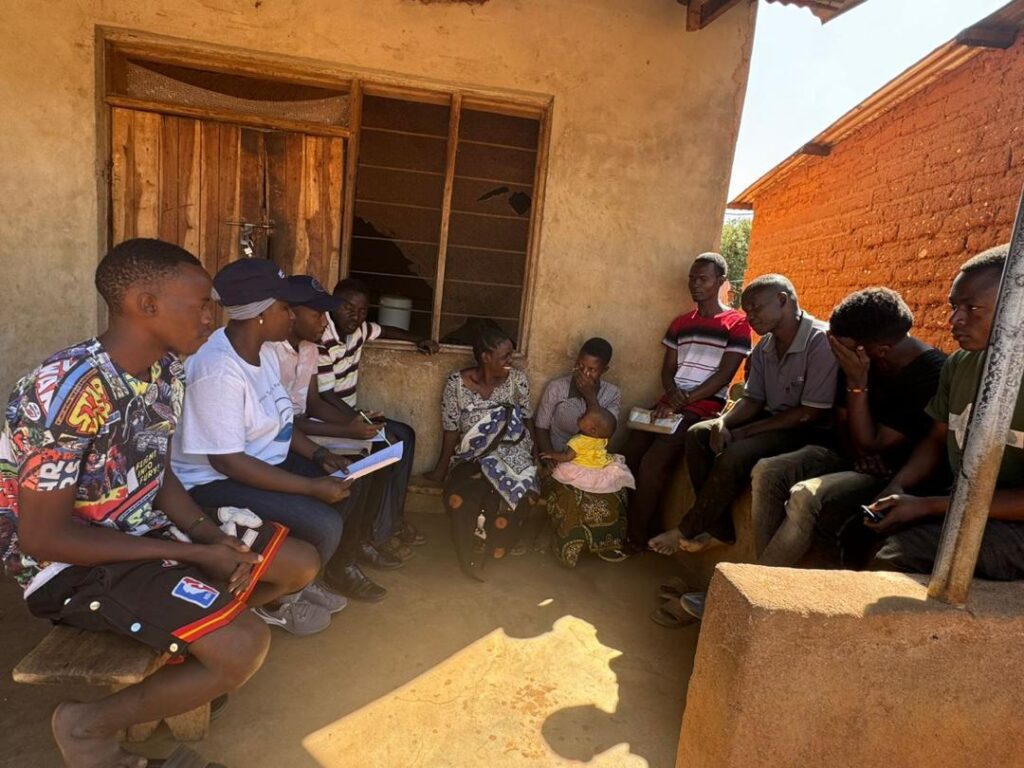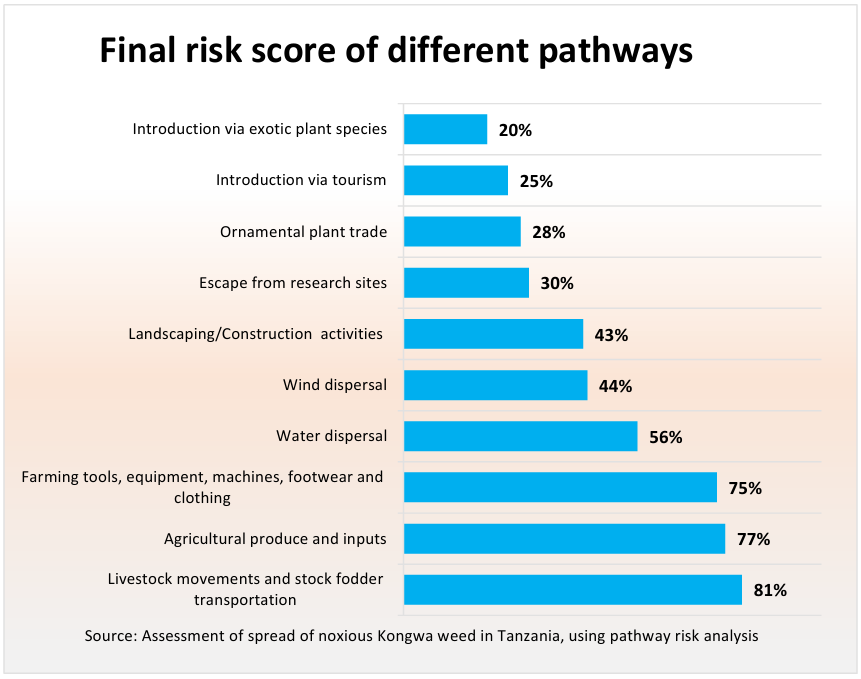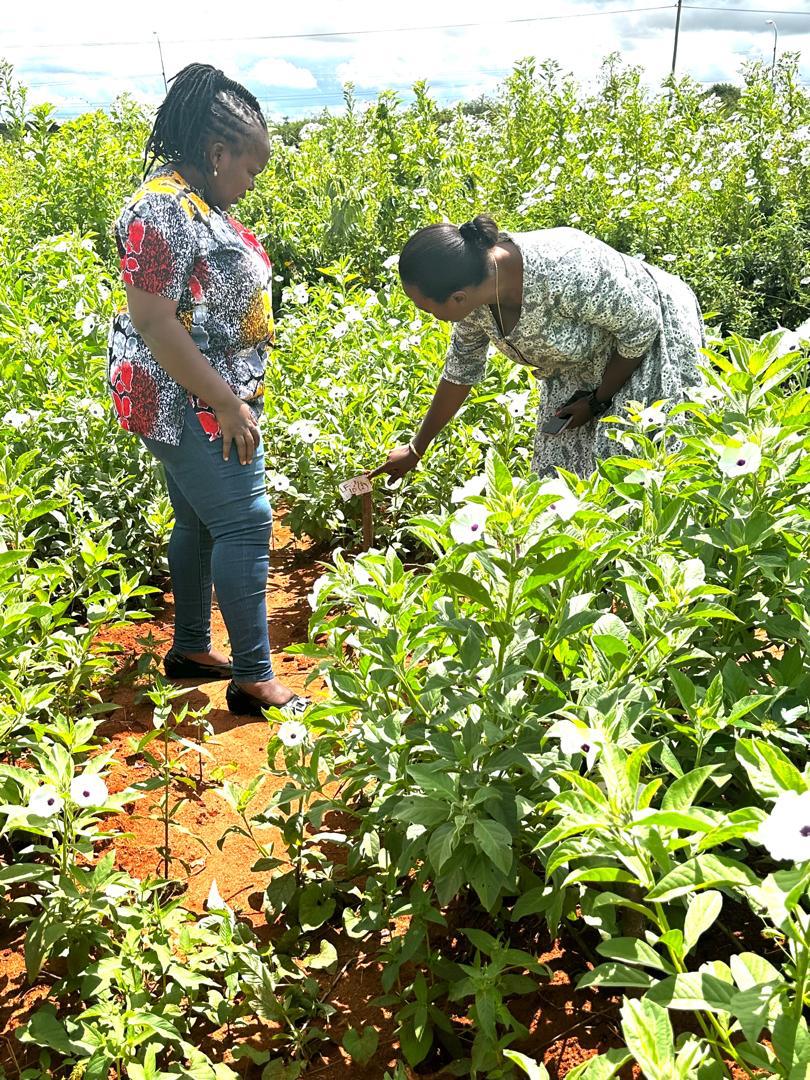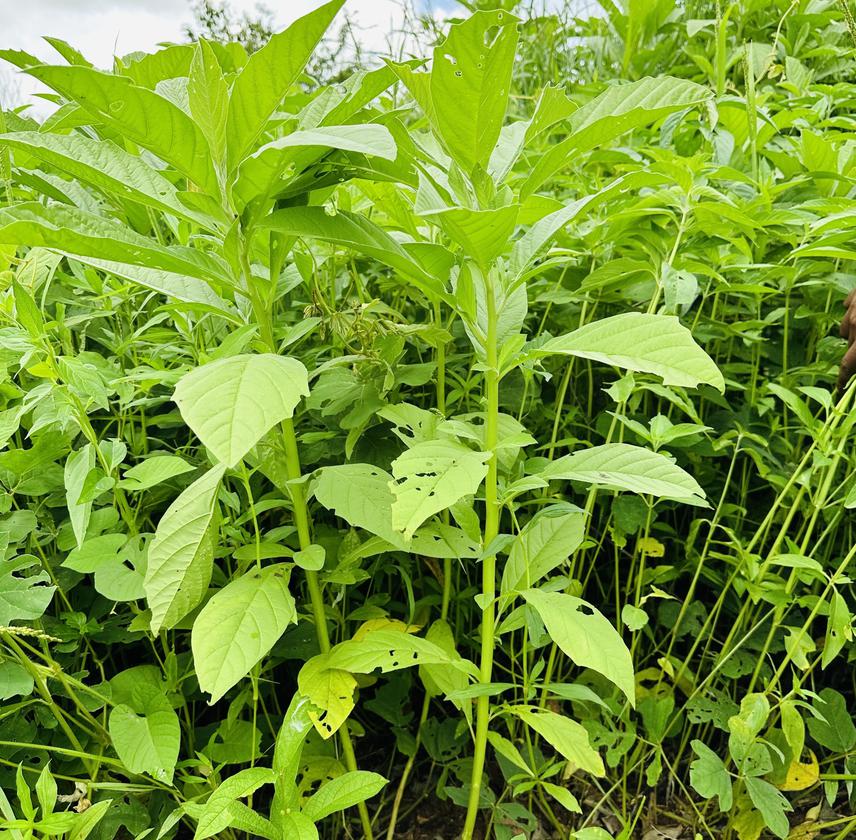Dodoma. It’s almost sunset, yet Musa Maile, a resident of Machenje village in Kongwa District, Dodoma Region, remains on his 30-acre maize farm on the final day of harvest.
His eyes scan the land in disbelief. Despite his workers completing the harvest, he suspects they may have missed some maize or hidden part of the yield. But his search confirms the hard truth – his total harvest stands at only 40 bags.
This marks the third consecutive year that Maile’s harvest has dwindled to a fraction of what it once was. Previously, he would reap 150 bags from the same acreage. Despite investing Sh5 million (about $2,000) in fertilizers and pesticides through a loan, his returns remain meager, leaving him in financial distress.
Maile’s case is not unique. According to Kongwa District Livestock Officer Msafiri Mkude, more than 200 farmers in the area have reported significantly reduced yields.

The ‘mahata curse’
The primary culprit behind this agricultural crisis is an invasive plant – Astripomoea hyoscyamoides, locally known as “mahata” or “Kongwa weed.”
This fast-spreading species, which has been in the region since the early 1900s, has increasingly taken over farmland. Its aggressive growth and resilience outcompete crops, suffocating them and leading to widespread impoverishment among farmers.
“Kongwa District is one of the hardest-hit areas. This invasive plant grows faster and stronger than crops, depriving them of nutrients and space,” Mkude explains.
A 2020 study led by researcher Wilfred Gerard Mkongera identified livestock movement and fodder transportation as the leading causes of mahata’s spread, accounting for 81% of its dispersal. Agricultural produce and farming inputs also play a role in its expansion.
The Government Environmental Conservation Master Plan (2022-2023) lists 220 invasive species in Tanzania, 75 of which pose severe threats to the environment and biodiversity.
Research conducted by Dr. Upendo Richard, an ecology expert at the University of Dodoma, in 2024 found that Mahata has reduced crop yields in Kongwa by up to 75 percent, with dire consequences for food security and household nutrition.
The weed has also infiltrated Kongwa Ranch, diminishing pasture availability for livestock and worsening the economic strain on local communities.

The devastating impact of mahata
Dr Upendo explains that invasive plants like mahata deplete soil nutrients and stunt crop growth.
“They dominate the landscape, displacing native species and disrupting essential pollination processes,” he warns.
For farmers, the financial implications are devastating.
Musa Maile had planned to use his earnings to repay his loan and support his family, but his poor yield has left him struggling to meet even basic needs. Similarly, Charles Mazengo, another farmer, managed to harvest only three bags of maize from his one-acre farm – barely enough to feed his family.
He had to sell part of his harvest just to cover his son’s travel expenses to Dar es Salaam for work and now relies on food donations from friends and relatives.
“Invasive weeds threaten food security. They overrun crops like maize, sunflowers, and peanuts, leaving many families without enough food,” Mazengo laments.
Beyond household consumption, mahata’s impact extends to the agricultural sector at large.
Ringo Ilingo, Chairperson of the Tanzania Sunflower Processors Association (TASUPA), warns that if left unchecked, invasive plants could disrupt sunflower production, further exacerbating the country’s reliance on imported cooking oil.
“The government already spends heavily on importing cooking oil. A decline in sunflower production due to invasive weeds would place an even greater burden on the economy and local industries,” Ilingo explains.
Livestock farmers have also been affected. Boniface Kedmon, a cattle herder, lost 10 animals last year due to dwindling pasture and water sources.
To sustain his remaining livestock, he was forced to sell 20 more, leaving him with just five goats and two cows.
“These invasive plants consume excessive water, worsening drought conditions. If you delay weeding, they take over the entire field, choking out crops and reducing fodder for livestock,” Kedmon says.
Combating the threat
Efforts are underway to tackle the spread of Mahata. Researchers at Sokoine University of Agriculture (SUA) are exploring sustainable management solutions.
Initially, chemical herbicides were considered, but environmental concerns led experts to emphasize early detection and manual removal as primary control measures.
Kongwa District Executive Director Dr Omary Nkullo acknowledges the challenges of controlling invasive plants but highlights ongoing awareness campaigns.
“Our agricultural experts are educating farmers on the importance of uprooting invasive weeds before they spread,” he explains.

Sustainable solutions
Dr Upendo advocates for rigorous research before introducing new plant species to prevent future invasions. He also emphasizes the need to equip farmers with skills to manage invasive weeds through an Integrated Weed Management (IWM) approach.
“IWM strategies could include a combination of cultural practices like early uprooting, using cover crops, and natural herbicides such as Melia azedarach extracts,” he suggests.
During the 2024 Investment Forum in Dodoma, Minister of State for Planning and Investment, Prof. Kitila Mkumbo, stressed agriculture’s critical role in Tanzania’s economy.
“Agriculture is not just a source of food; it employs 28.6 million Tanzanians. To enhance productivity and ensure food security, we must invest in irrigation, modern technology, and fertilizer production,” Prof. Mkumbo stated.
While agriculture remains a vital economic pillar, challenges such as invasive plants, pests, and poor seed quality continue to hinder progress. Addressing these issues is crucial to helping farmers achieve sustainable livelihoods and breaking the cycle of poverty.
With continued research, government intervention, and community engagement, there is hope that farmers in Kongwa and beyond can reclaim their land and restore productivity.
This story has been produced in partnership with InfoNile and with funding from JRS Biodiversity Foundation and IHE-Delft’s Water and Development Partnership Programme. It is a collaborative effort between a journalist and a scientist, specifically Jenifer Gilla and Dr Upendo Richard.
Dk Upendo Richard is a research scientist at the University of Dodoma.


